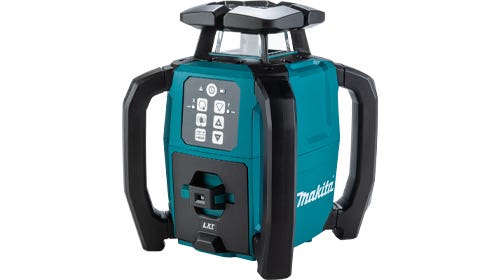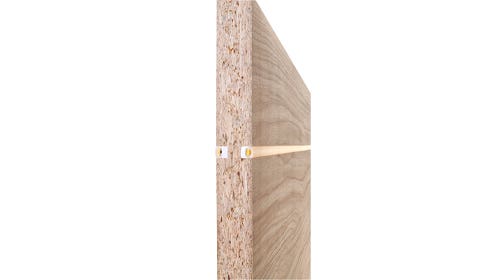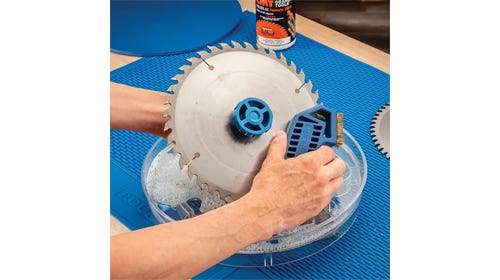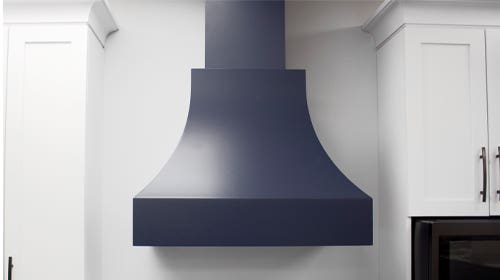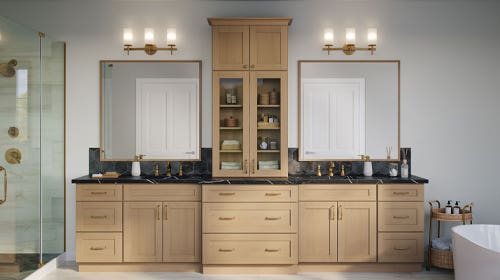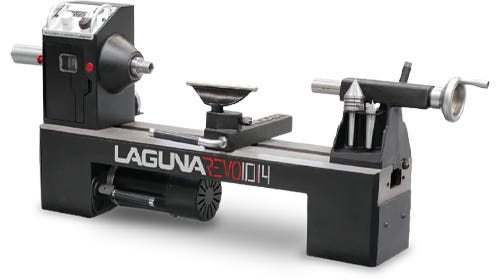Bright days continue for black walnut sales
Used for making fine furniture, cabinetry, flooring, musical instruments and more, black walnut is selling regularly, but the price is concerning both sellers and buyers, according to hardwood dealers interviewed…
Used for making fine furniture, cabinetry, flooring, musical instruments and more, black walnut is selling regularly, but the price is concerning both sellers and buyers, according to hardwood dealers interviewed by Woodshop News.
Sam Talarico of Talarico Hardwoods in Mohnton, Pa., says walnut has been an extremely hot seller during the last two years.
“It’s hard to keep it in inventory. You need to find it and dry it or you’re behind. It’s hard to keep up. I’ve got some nice boards that need to go into the kiln soon because my supply sold so fast,” Talarico says.
“It’s harder to find the longer black walnut logs and that’s what people want. The shorter ones are available, but the really long ones, around 14’, are hard to find. They want them especially for large one-piece tabletops for book matching and that sort of thing. Most people want them thick too, around 3”. So instead of 6/4 or 8/4 sizes, they want 12/4 and they’re harder to find.”
Talarico adds that the color of walnut is evidently what makes it so appealing to his customers. Many customers express that dark is what they want, making walnut and fumed oak very popular. While he only sells black walnut, he also mentions that it is much easier to fine larger logs of claro walnut (Juglans hindsii), a related species found in Northern California and Oregon. Claro walnut is highly figured with a rich brown color, but it’s a tougher wood that moves a lot and is harder to dry.
Rob Lamoureaux of Parkerville Wood Products in Manchester, Conn., says walnut sales are up.
“We’ve been ordering a lot to keep stock up in the last three to five months. Customers are using it to build tabletops, countertops and moldings. Usually they want 4/4, 5/4 and 8/4 boards,” Lamoureaux says. “Walnut is nice to work with. It machines well and sands well. One of the things [customers] are surprised with is the waste factor. It’s a knotty, branchy tree so they have to buy more material to get what they have to get for a product. Generally, wood has a 35 percent waste factor, but this has about 50 percent.”
Lamoureaux says supply isn’t an issue for short boards. The most readily available boards are around 6’8’ in length whereas maple, mahogany and cherry average around 10’ to 16’.
Terry Baird of Baird Brothers Sawmill in Canfield, Ohio, says walnut sales have begun to slow.
“It’s probably slowed down more than anything with the way pricing has been on it. Most of it’s sold for general building, build-outs and flooring. We don’t get into the live-sawn tabletops here but we have done some work for some other companies that have done a lot of that,” Baird says.
Retail quotes for FAS 4/4 walnut are just under $8/bf; 8” and wider boards start at about $9/bf, while large flitches fetch $15 to $30/bf.
This article originally appeared in the June 2015 issue.


